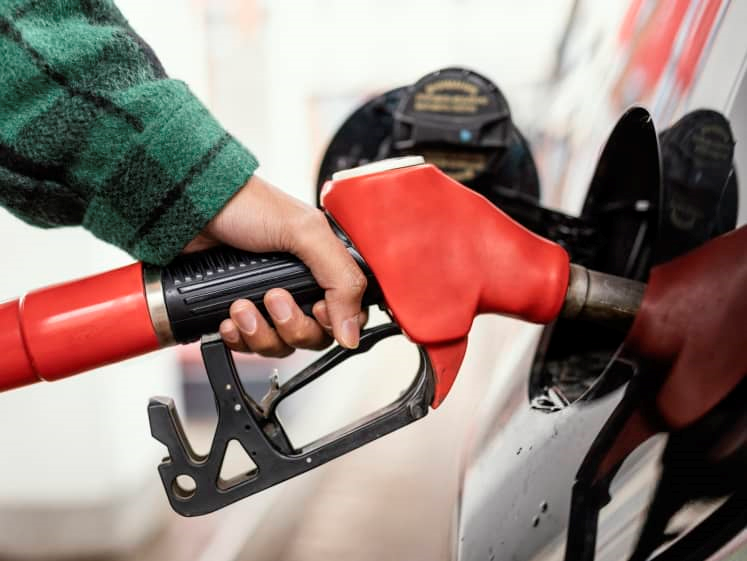
- 28 November 2023
- 838 Views
What is gasoline and benefits?
Gasoline, also known as petrol, is a widely used fuel for internal combustion engines. It is a transparent, liquid petroleum product derived from crude oil and is primarily used to power vehicles, including cars, motorcycles, and trucks. Gasoline is also used in small engines such as lawnmowers, chainsaws, and generators.
The main benefit of gasoline is its high energy density, which means it can produce a large amount of energy when burned. This makes it an efficient and reliable fuel for transportation and power generation. Gasoline is also relatively easy to store and transport, making it a convenient choice for fueling vehicles and equipment.
However, gasoline also poses several dangers. It is highly flammable and can be explosive under certain conditions. Improper handling and storage of gasoline can lead to fires and explosions, posing a risk to both people and property. Additionally, the combustion of gasoline produces air pollutants such as carbon monoxide, nitrogen oxides, and volatile organic compounds, contributing to air pollution and negative health effects.
What is gasoline uses for?
Gasoline is primarily used as a fuel for transportation. It powers the engines of cars, motorcycles, trucks, and other vehicles, allowing them to travel long distances at high speeds. Gasoline is also used in small engines for various applications, providing power for lawn care equipment, portable generators, and other tools.
The history of gasoline:
The history of gasoline dates back to the 19th century when the first internal combustion engines were developed. The commercial production of gasoline began in the late 1800s, and it quickly became the dominant fuel for automobiles due to its efficiency and availability. Over the years, advancements in refining technology have improved the quality and performance of gasoline, making it a staple fuel for modern transportation.
Side informations:
Gasoline is a complex mixture of hydrocarbons, typically containing between 4 and 12 carbon atoms per molecule. It is produced through the refining of crude oil, which involves processes such as distillation, cracking, and reforming to separate and rearrange the hydrocarbons into the desired composition. The resulting gasoline product can vary in its properties, including octane rating, volatility, and emissions characteristics, depending on the specific refining processes used.
In addition to its use as a fuel for internal combustion engines, gasoline is also used as a solvent in various industrial applications, as well as a raw material for the production of other chemicals. Its versatility and high energy content have made it a crucial component of modern society, powering the transportation and industrial sectors.
The environmental impact of gasoline use has become a growing concern, as the combustion of gasoline releases greenhouse gases and air pollutants that contribute to climate change and air quality degradation. As a result, there has been increasing interest in developing alternative fuels and propulsion technologies to reduce the reliance on gasoline and mitigate its environmental impact.
Conclusion:
gasoline is a widely used fuel with numerous benefits for powering vehicles and equipment. However, it also poses dangers related to its flammability and air pollution. Understanding the proper handling and usage of gasoline is essential for ensuring safety and minimizing its negative impact on the environment. As technology continues to evolve, there may be opportunities to develop alternative fuels that offer similar benefits to gasoline with reduced environmental impact.
gasoline remains a vital energy source for transportation and power generation, but efforts to improve its efficiency and reduce its environmental impact are ongoing. As technology continues to advance, it is likely that the role of gasoline in the energy landscape will evolve, with a greater emphasis on sustainability and environmental responsibility.
